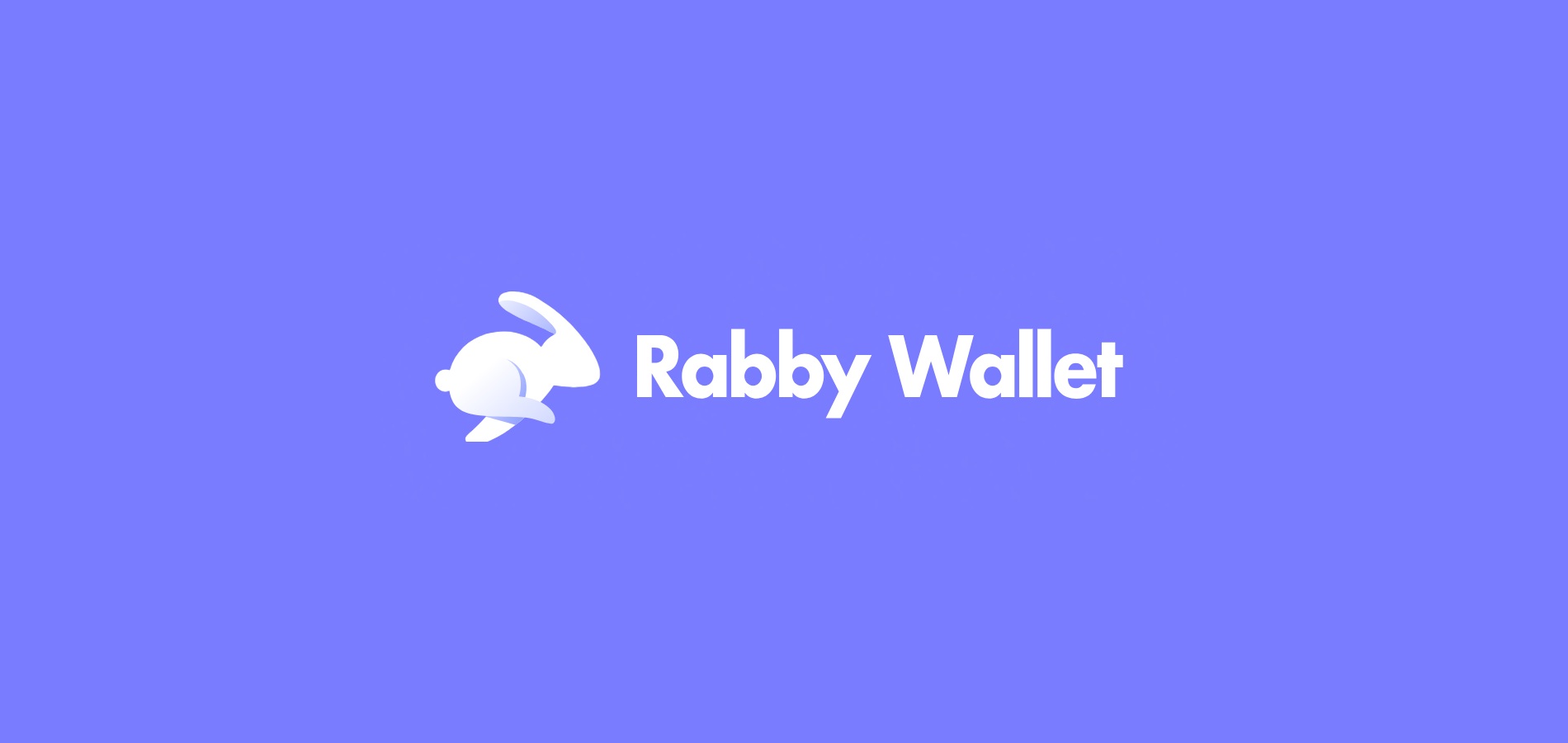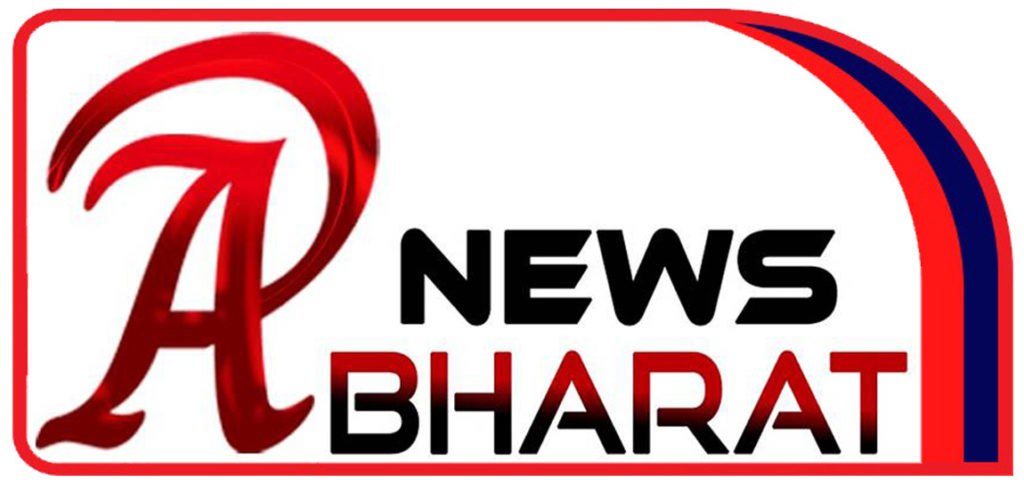So I was thinking about how messy crypto can get sometimes. Seriously? One minute you’re juggling tokens on Ethereum, the next you’re trying to move assets to Binance Smart Chain, and it’s like herding cats. Cross-chain swaps promised to make it easier, but the reality? Well, it’s often a headache wrapped in gas fees and security risks. Wow! But there’s more under the hood here, especially when you throw MEV protection and token approval management into the mix.
Here’s the thing: most wallets out there feel like they’re stuck in the past, designed for a single chain or with clunky interfaces for swapping tokens across chains. My instinct said there had to be a better way—something smoother, safer, and less taxing on both your patience and your wallet.
Initially, I thought cross-chain swaps would just be a matter of connecting chains with a neat UI. But then I realized the real challenge lies in the complexity of the underlying protocols and the sneaky risks users face, especially from MEV extraction and careless token approvals.
On one hand, decentralized finance thrives on interoperability. Though actually, that’s easier said than done, especially when each chain has its quirks and vulnerabilities. It’s like trying to play chess with pieces from three different boards at once.
And oh, by the way, if you’re diving into this space, you should seriously check out the rabby wallet extension. It’s been a real eye-opener for me in managing these cross-chain headaches.
Cross-chain swaps are supposed to be the holy grail of liquidity and seamless token movement. But here’s what bugs me about most implementations: they often expose users to sandwich attacks and front-running bots that suck value right from your trades. That’s where MEV—Maximal Extractable Value—comes in. MEV bots lurk in the shadows of blockchain transactions, snatching profits by reordering or censoring transactions. Seriously, it’s like a shady dealer at a poker game, always looking for your tells.
Most wallets don’t do much to shield users from this. They just send your transaction into the wild, hoping for the best. But the rabby wallet extension takes a more proactive approach, including built-in MEV protection that tries to detect and block malicious transaction patterns before they hit the mempool.
Token approval management is another area that’s often overlooked but very very important. You’ve probably seen those endless token approval pop-ups asking for permission to spend your tokens. It’s a huge risk if you just click “approve” without thinking. Hackers love to exploit overly broad or eternal approvals. I’m biased, but a wallet that actually helps you track, revoke, and manage these approvals is a lifesaver.
Okay, so check this out—if your wallet can give you a clear overview of which apps have token access, and let you revoke permissions on the fly, you’re not only saving gas fees but also drastically reducing your attack surface. The Rabby wallet extension nails this feature by making token approval management intuitive and transparent. It’s a bit like having a personal bodyguard for your crypto assets.
Honestly, I didn’t realize how risky careless token approvals were until I almost got burned by a compromised dApp. That moment taught me to be way more cautious and to rely on tools that empower users rather than just leaving them exposed.

Why MEV Protection and Cross-Chain Swaps Should Matter to You
Here’s the thing about MEV protection: it’s not just some fancy add-on. It’s becoming essential as DeFi grows more complex and lucrative. Without it, even the most savvy traders can lose out to bots faster than you can say “gas war.”
One of the cool things about the rabby wallet extension is that it layers this protection directly into the wallet experience, not as an external plugin or afterthought. That feels more natural and trustworthy, especially when you’re juggling multiple chains.
Now, cross-chain swaps bring their own set of challenges. You’re dealing with bridges, smart contracts, and different confirmation times. Sometimes, a swap can take longer than expected, or worse, fail halfway and leave you in limbo. I’ve been there, and it’s frustrating as heck.
What initially seemed like a straightforward solution to move tokens across chains often involves navigating complex intermediaries. The Rabby wallet extension’s approach reduces the friction by supporting native multi-chain interactions and automating approval checks, which cuts down on those nerve-wracking confirmation waits.
Something felt off about many wallets when I tried to do a cross-chain swap recently. Either the process was too manual, or it lacked visibility into what was happening behind the scenes. Transparency is huge here. You want to know exactly what’s approved, pending, or potentially risky.
That’s why the integration of token approval management and MEV protection into cross-chain swaps is a real game changer. It’s like having a co-pilot who watches out for traffic jams and shady drivers while you focus on the journey.
But I’ll be honest: no wallet is perfect yet. There are still moments when things get weird—like unexpected gas surges or delays due to network congestion. Sometimes, the wallet’s interface might not catch all edge cases, or a new exploit surfaces before patches roll out. That’s why continuous user feedback and updates are crucial.
One thing I’m really curious about is how these wallets will handle the upcoming wave of Layer 2 solutions and even more exotic chains. Will MEV protection scale? Will token approval tools adapt? It’s an ongoing puzzle.
For now, if you’re serious about DeFi and hopping between chains, I can’t recommend enough giving a try to the rabby wallet extension. It’s not just hype; it’s practical, smart, and keeps your assets safer. Plus, it’s free—no strings attached.
Frequently Asked Questions
What exactly is MEV and why should I care?
MEV stands for Maximal Extractable Value. It refers to profits that bots or miners extract by reordering, including, or censoring transactions within a block. For regular users, it means your trades might be front-run, sandwich attacked, or otherwise manipulated, costing you extra money.
How do cross-chain swaps work safely?
Safe cross-chain swaps rely on trusted bridges, atomic swaps, or protocols that ensure either the entire swap happens or none of it does, preventing loss. Wallets that integrate these mechanisms and provide visibility and control help reduce risks.
Why is token approval management important?
Because careless or eternal token approvals let malicious contracts drain your tokens without needing your password. Managing approvals means you can limit how much access dApps have, and revoke permissions when you don’t trust them anymore.

